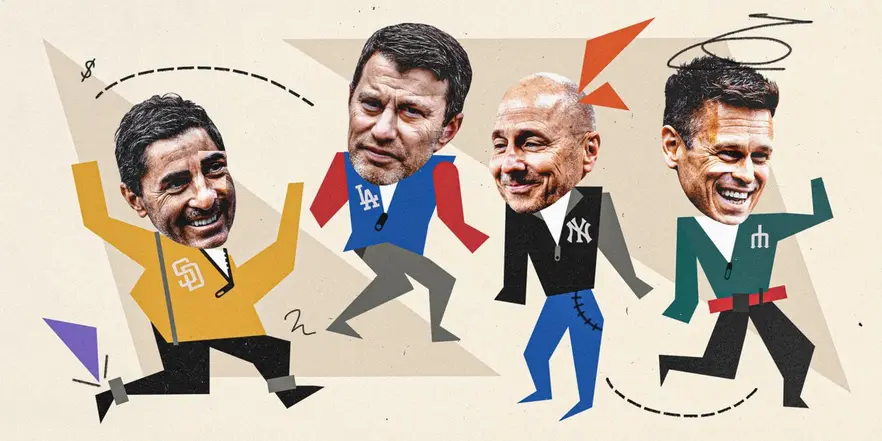T4K3.news
Brewers show path for small markets
Milwaukee blends fundamentals with analytics to challenge big payrolls and offer a blueprint for teams of all sizes.

Milwaukee demonstrates how steady play and smart data use can challenge bigger payrolls.
Brewers show a path for small markets through fundamentals and analytics
Milwaukee has surged to the top of the standings by leaning on fundamentals and smart baseball. Since May 24 the Brewers are 53-17, a stretch that has them leading the majors by six games even as they opened the season with one of the lowest payrolls in the sport. The team emphasizes base-running, timely hits, good defense and precise baserunning, not flashy power.
Their approach blends analytics with hands-on coaching under manager Pat Murphy. Milwaukee has developed pitching talent from within, turning castoffs into contributors and posting solid team ERA as the season progresses. While luck has helped—batting averages on balls in play have fluctuated—the Brewers have still shown a consistent identity, one rooted in detail and discipline rather than headline-grabbing moves.
Key Takeaways
"They just do everything right"
Praising the Brewers’ game style, cited by a peer
"We need to take a page out of the Brewers book"
Comment from a rival executive or observer
"They scrap. They drive opponents to distraction"
Observation about Milwaukee’s hustle
This run shows what smart, small-market thinking can achieve in a system built on big data. It also highlights a tension at the heart of modern baseball: how to balance numbers with fundamentals in a game that rewards both efficiency and spectacle. If the Brewers sustain this approach, they may force bigger clubs to rethink where value truly lives and how much emphasis they place on running the bases and making the right cutoffs.
The risk is clear. Postseason baseball amplifies flaws just as it amplifies strengths, and Milwaukee’s rotation has been built on development and depth rather than high-end payrolls. A longer playoff grind could expose pitching innings, bullpen usage and the limits of a small-market model. Still, the Brewers story offers a reminder that success can come from a steady, details-first culture even in a sport that often only celebrates the big swing and bigger contracts.
Highlights
- Small markets win by playing the game right
- Attention to detail beats big payrolls
- Base-running and smart cuts matter as much as power
- Data fuels a plan but discipline keeps it alive
Budget and structural questions loom over the Brewers model
The piece anchors its analysis in payroll realities and calls for broader discussion of how market size, salaries and policy shape postseason odds. This raises questions about sustainability and the potential for backlash from critics of pay structures.
The lesson may outlive any one season and push the sport to rethink what wins games.
Enjoyed this? Let your friends know!
Related News

Milwaukee Brewers claim top MLB position

Wealth ladder reshapes the economy

MLB trade deadline 2023 highlights key team strategies

Suzuki, Sabathia and others honored in Hall of Fame

Brewers 12th straight win triggers burger promo

MLB trade deadline strategies examined

ChatGPT outlines paths from $10 to $1 million

Sesko completes move to Manchester United
